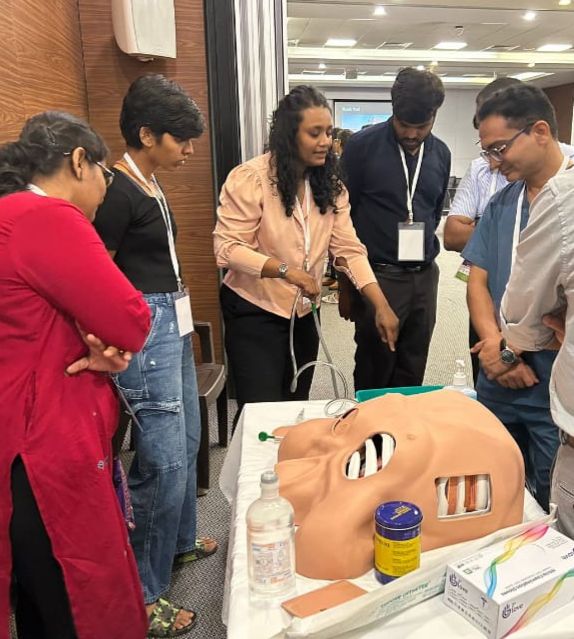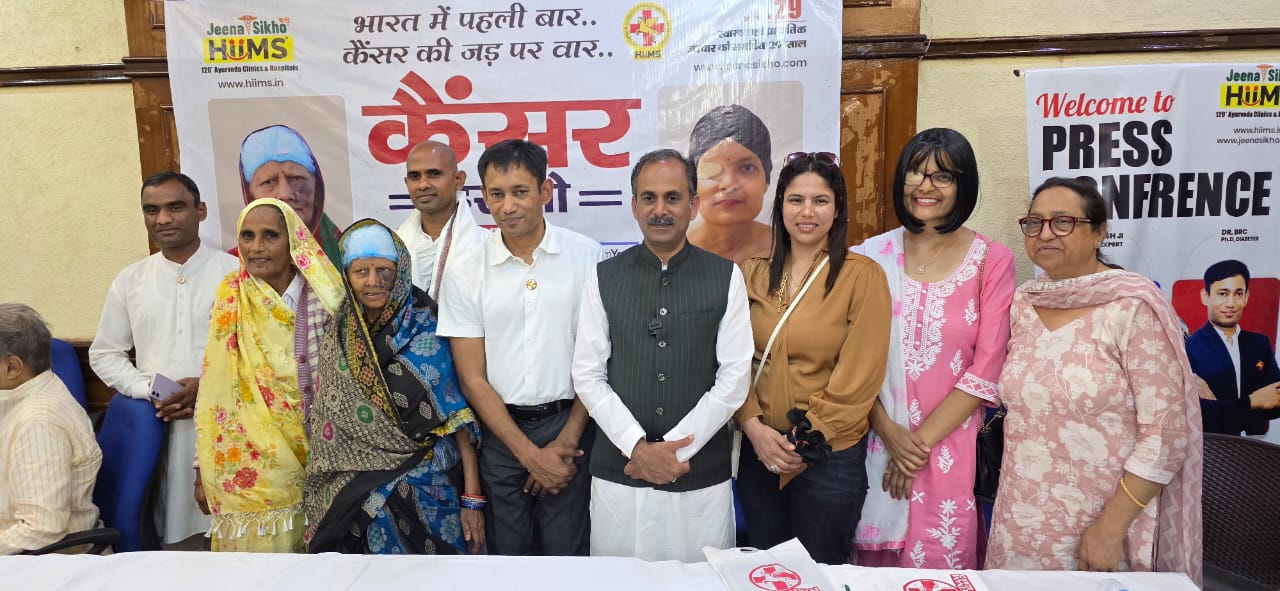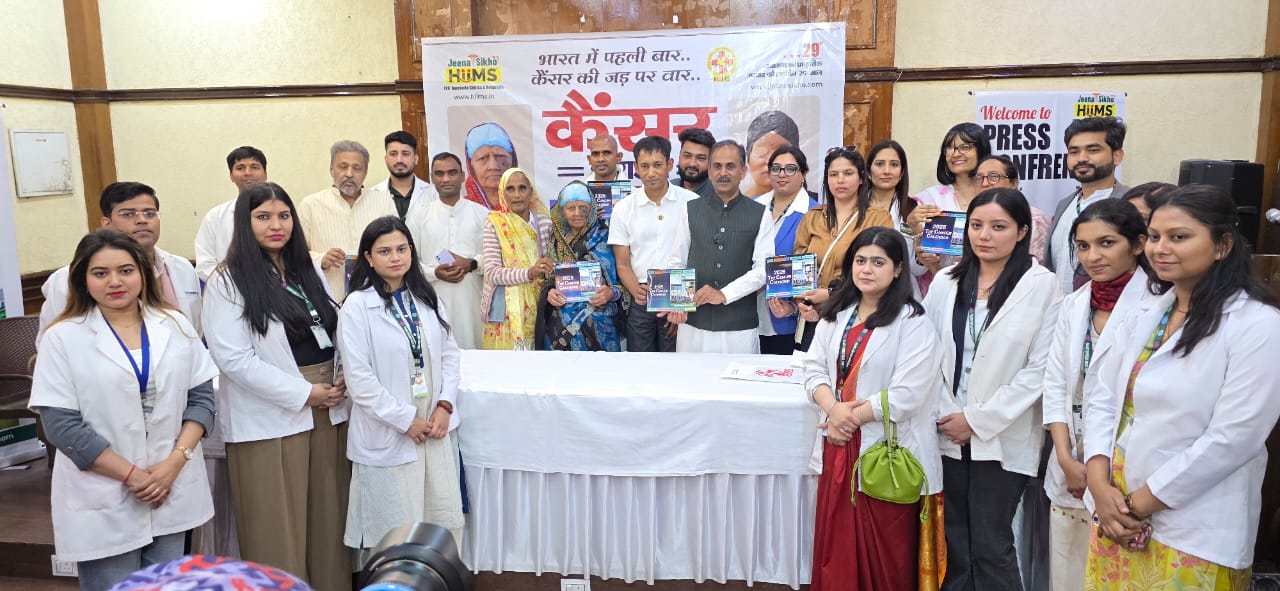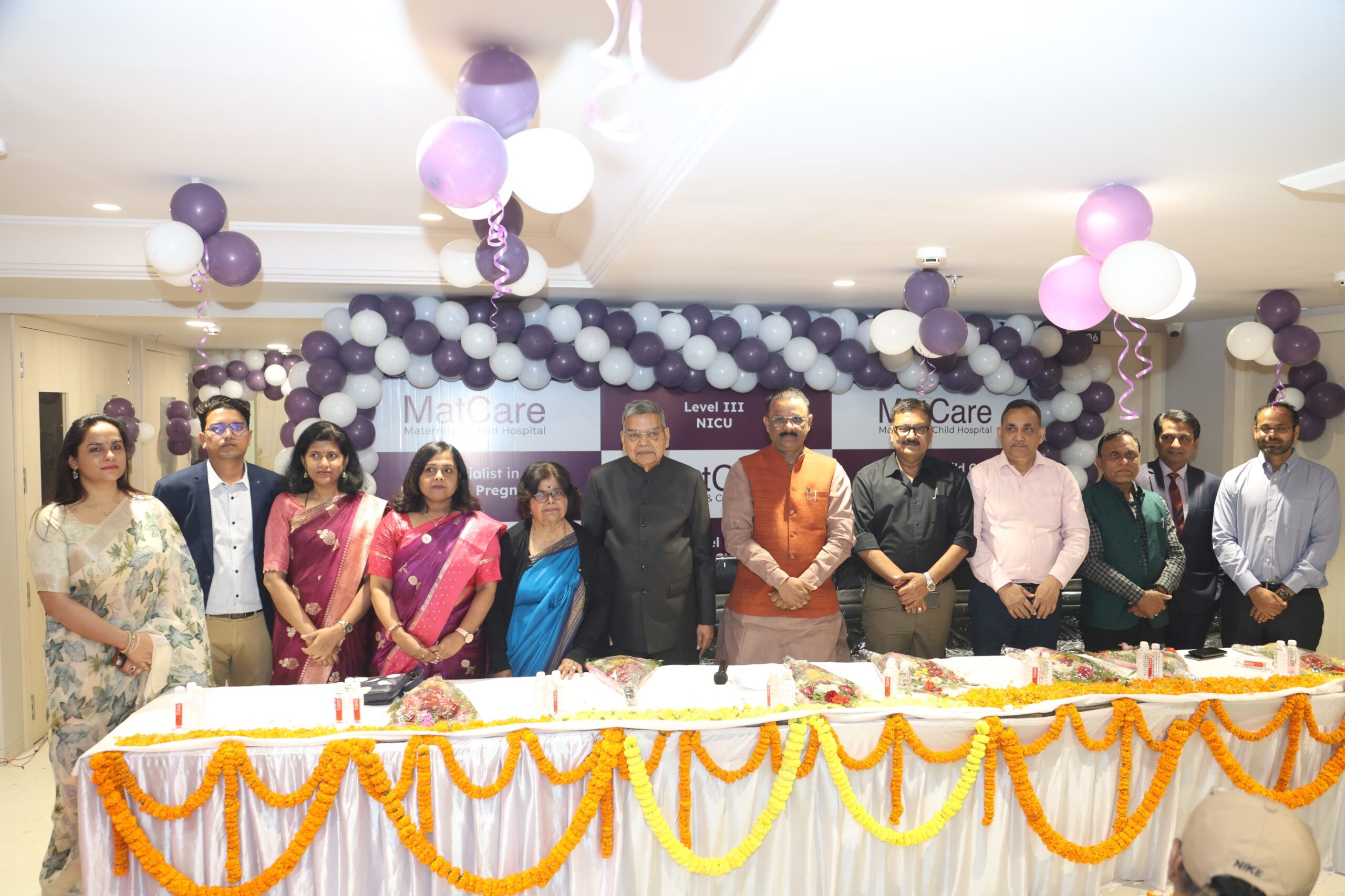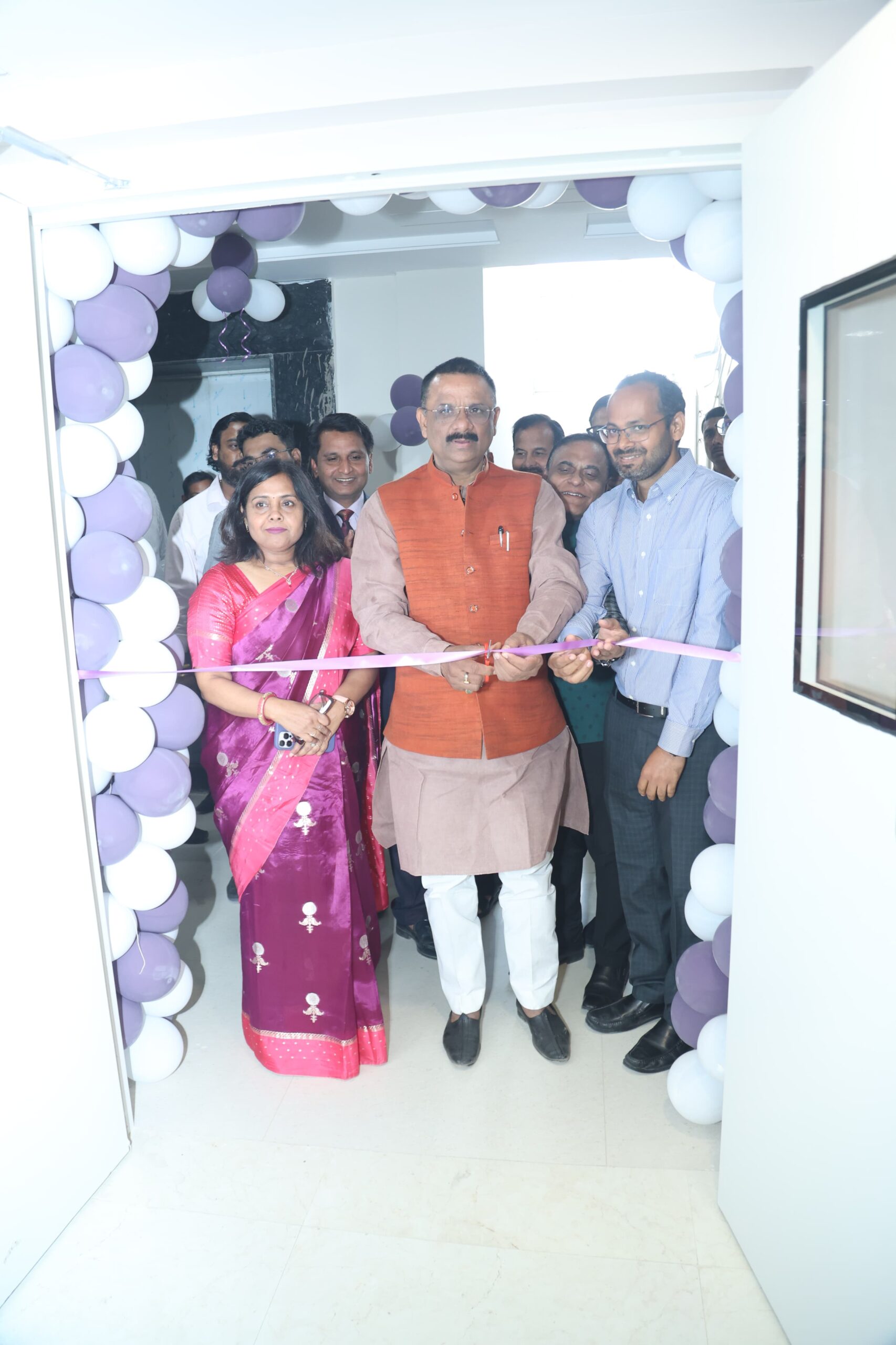New Delhi, March 27, 2025: The adoption of retail health insurance has increased amongst women in non-metros post-COVID-19. According to the latest findings by Niva Bupa Health Insurance Company Limited (formerly Max Bupa Health Insurance), one of India’s leading standalone health insurers, women in non-metro cities had an average 37% Y-o-Y increase in insured members from 2020 to 2024 compared to 24% growth in metros.
At Niva Bupa, women currently constitute 19% of overall policy proposers. The number of women purchasing health insurance for themselves and their families has grown 2.4 times since COVID-19, with growth being 3.1 times in non-metros and 1.7 times in metros. This growth reflects a larger socio-economic shift, where more women are coming forward to take charge of their health and secure their financial and healthcare futures.
Key Findings from Niva Bupa’s Analysis:
45% of all health insurance claims at Niva Bupa come from women. The percentage is slightly higher in South zone and Metros at approximately 48%. Incidentally, women also make up 45% of insured individuals at Niva Bupa
~80% of claims in the last five years were for women aged 28 and above, with serious health conditions often emerging around the age of 35.
The ailments tend to impact women at specific age groups – young adults (28 -35 years) accounted for 17% of all claims made by women. The percentage increased to 40% for middle aged women (36-54 years) and was 22% for women at an elderly age (55 years and above).
The top 6 ailments for which women seek treatment in hospitals include:
- Infections
- Genito urinary diseases
- Malignant cancer treatments
- Digestive issues
- Respiratory issues
- Eye related concerns
Some key observations basis the claims data were:
- Infants (less than 2 years) and kids (2 to 12 years) suffer mainly from seasonal issues and respiratory concerns
- For young adults (20 -27 years), maximum claim is related to maternity claims and related check-ups.
- During middle age (36-54 years), the top 3 reasons for claims are eye related issues followed by cardiovascular and musculoskeletal disorders.
- At an elderly age (55 years and above), women mostly made claims for serious concerns like malignant cancer cells, genito urinary treatments and cardiovascular disorders
Ailment incidences compared to men
The incidence of claims is higher for men compared to women, especially in cardiovascular diseases. However, in the age group of 41-50 years the incidence rate of claim for women is slightly higher compared to men indicating the need for women to take better care of their health as they grow older.
Pregnancy-related claims
It forms a substantial part of women’s health expenses, with 63% of childbirth claims being for C-sections and other complicated child birth procedures further emphasizing the rising costs of maternity care and the need for comprehensive health insurance.
The instances of complicated child birth procedures are higher in Western and Eastern zones of India (66% and 71% respectively).
Commenting on the findings, Nimish Agrawal, EVP & CMO, Niva Bupa Health Insurance, said: “The increasing participation of women in health insurance is an encouraging sign of financial empowerment and healthcare awareness. It’s heartening to see that women in non-metros are becoming more aware and realizing the importance to insure themselves and their families against any medical emergency. At Niva Bupa, we are committed to ensuring that women have access to the right coverage at the right time, empowering them to take charge of their health and financial well-being. Our focus remains on enhancing awareness, accessibility, and affordability of health insurance solutions tailored for women.”
